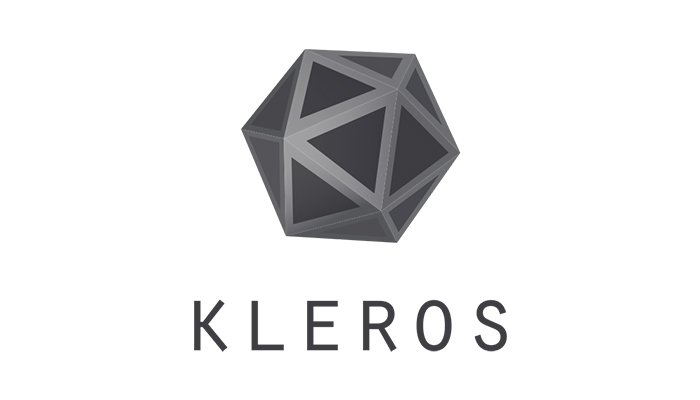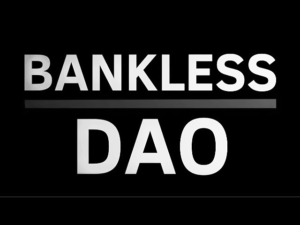45: Kleros, the Justice Protocol // Guangmian Kung

Background on Kleros:
Kleros is a decentralized dispute resolution protocol that uses blockchain technology to provide a transparent, efficient, and affordable way to resolve disputes. The protocol is built on the Ethereum blockchain and uses smart contracts and a decentralized network of jurors to arbitrate disputes.
With Kleros, anyone with an internet connection can submit a dispute and have it resolved quickly and fairly by a group of randomly selected jurors. They are particularly well-suited for resolving disputes in the digital realm, such as disputes over online transactions, smart contract disputes, and disputes related to digital identity and reputation. However, it can also be used to resolve disputes in the physical world, such as disputes between landlords and tenants or between buyers and sellers.
Overall, Kleros aims to provide a decentralized and trustworthy alternative to traditional legal systems, allowing people around the world to access justice in a fair and transparent way. They are also the winner of the Blockchains for Social Good Prize from the European Union’s Horizon 2020 research and innovation program.
Time-Stamped Show Notes:
- 2:45 Guangmian: provides a more in-depth description of Kleros and its uses.
- 3:45 Guangmian: Kleros see themselves as game designers. They are initially designed to replace arbitrators and centralized mediators.
- 5:35 Guangmian: More discussion about the different uses of Kleros.
- 7:03 Guangmian: Kleros is the judiciary system of DAOs. They perform judiciary functions for all kinds of organizations.
- 8:05 David: having a background in law and very interested in governance, David poses a critical question about how Kleros performs their judiciary functions.
- 10:35 Guangmian: talks about how they randomly select their jurors.
- 13:00 Guangmian: One question that they often get is if a person can choose who can come in as a jury in his or her dispute.
- 14:33 Guangmian: one of the courts that is most widely used in Kleros is the blockchain court.
- 15:42 Eric: gives an example or a scenario that would fit into a certain type of court in Kleros.
- 16:10 Eric: tries to explain the process of being a juror.
- 17:25 Guangmian: “correct” is a word that they don’t use in the court of Kleros.
- 20:32 Guangmian: if there is an incorrect ruling, a person can appeal the case.
- 22:26 David: really likes the idea that someone can be incentivized for appealing a case if there is an injustice or incorrect ruling.
- 23:15 Guangmian: clarifies the issue of the distribution of rewards to the jury.
- 24:21 David: wants to know if Kleros allows bringing in evidence and witnesses to the courts.
- 25:44 Guangmian: responds to the issue of bringing in evidence.
- 27:01 Guangmian: every court case in Kleros has three phases.
- 28:58 Guangmian: continues to discuss the submission of evidence in their court cases.
- 30:49 Guangmian: shares his story on how he got involved with Kleros.
- 31:51 Guangmian: he has a background in law and technology. He is also fascinated with the topic of political philosophy.
- 33:02 David: what he loves about Kleros is that they don’t have lawyers.
- 34:05 Guangmian: thinks this might be the start of a new career, which can be called a crypto lawyer.
- 35:59 Guangmian: talks about the cost of using Kleros for civil disputes.
- 38:34 Guangmian: they want the court fees to increase exponentially as the case increases in duration and becomes more complex.
- 40:30 Eric: seeing how Kleros works offers a glimpse of the future.
- 42:02 Guangmian: provides information on how someone can become a juror in Kleros.
- 43:35 Eric: curious about how Kleros makes money.
- 45:41 Guangmian: the token of Kleros is called PNK, which stands for a Greek word that is inspired by the ancient Greek’s voting.
Key Points from this Interview:
- “We see ourselves as a judiciary system of DAOs”
- “You mentioned the word correct and that is a word that we don’t use very likely within the court of Kleros because correct is something that is very hard to define in a decentralized way, but we can define what is coherent.”
Resources Mentioned:
- Twitter: @Kleros_io
- Kleros.io
- Wikipedia: The Pinakian



